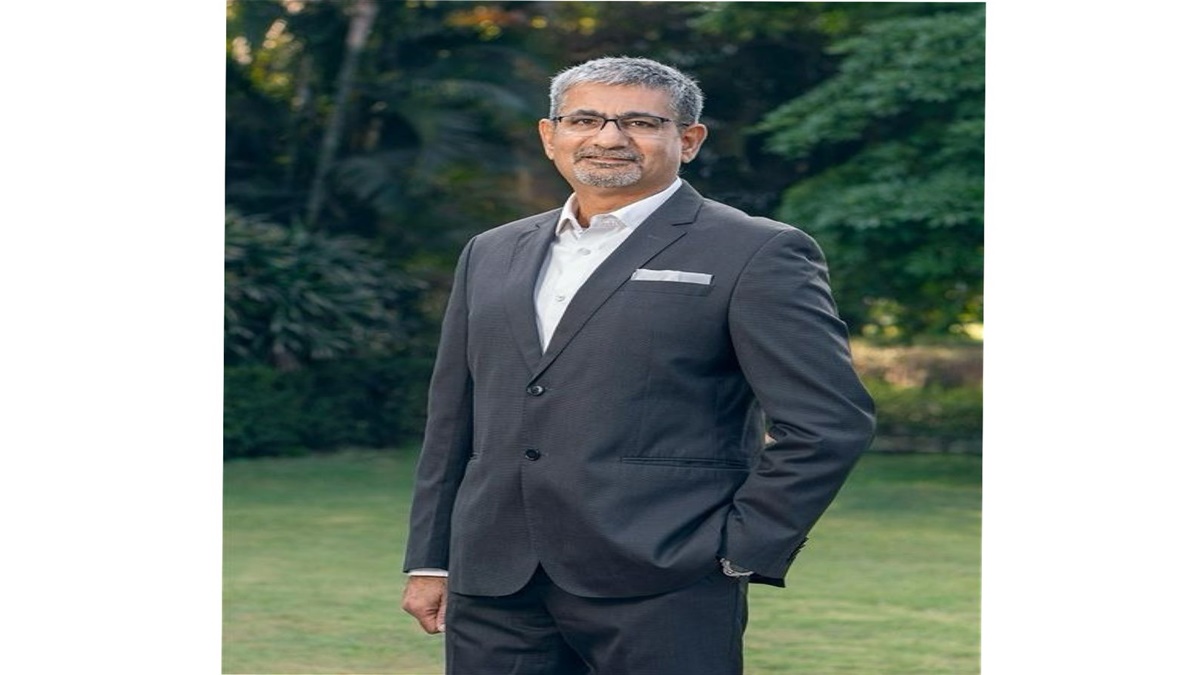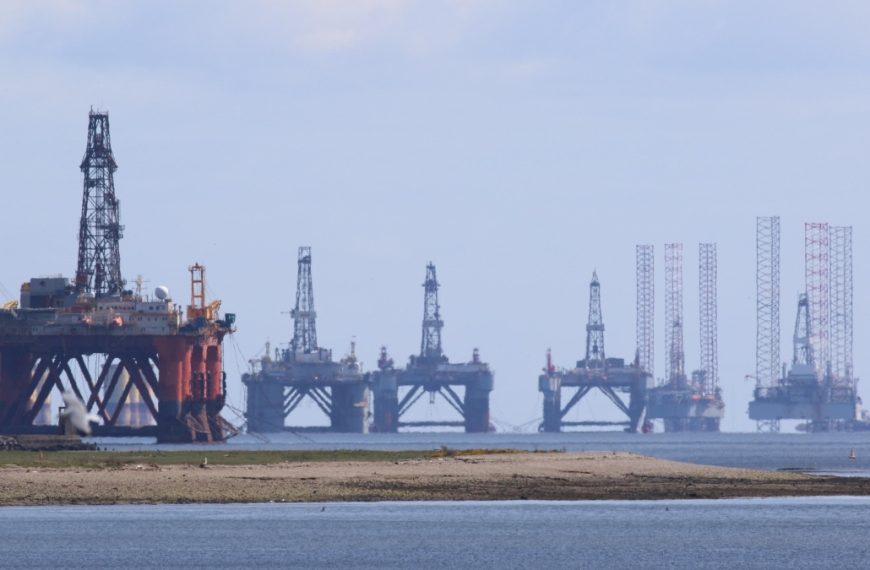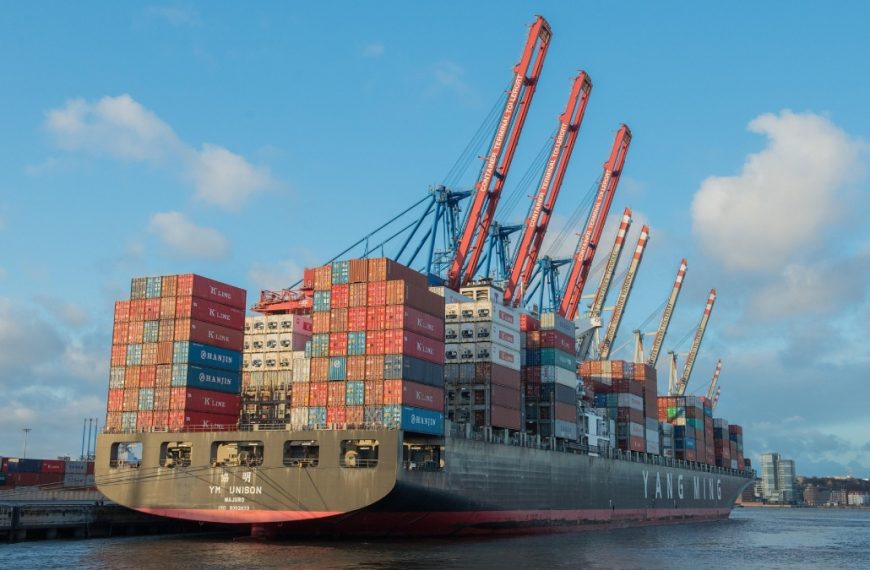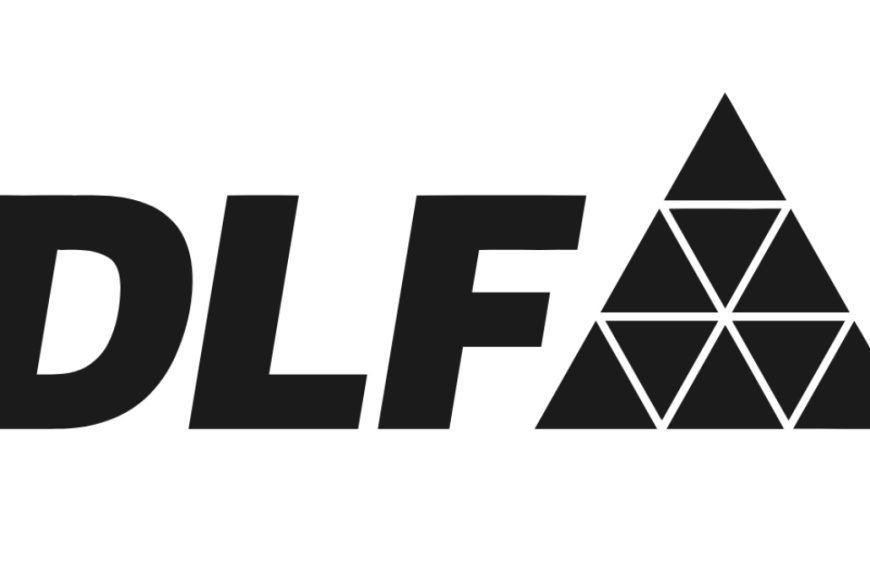In light of the ongoing global tariff conflict initiated by the United States, India is now eyeing bilateral trade agreements, which could usher in innovative products and advanced technologies into its market. Piyush Arora, the Managing Director and CEO of Skoda Auto Volkswagen India (SAVIPL), expressed this viewpoint during an interview with Swaraj Baggonkar at the launch event for the Volkswagen Tiguan R-Line in Mumbai. He confirmed that the company is committed to its ambitious Rs 12,000-crore investment strategy in Maharashtra.
Impact of Tariff Wars on Operations
The Volkswagen Group sees India as a pivotal market, ranking as the third-largest automotive market globally. Arora emphasized the significance of introducing products that are not only developed locally but can also be marketed internationally. He reiterated the company’s stance on free trade, asserting that tariffs hinder the seamless introduction of global innovations into the Indian landscape.
Supply Chain Challenges Ahead
Amidst the tariff war, Arora highlighted potential disruptions to global supply chains. He noted that regardless of where a product is manufactured, the interconnected nature of supply chains means that any disturbances could have repercussions. With new developments emerging daily, predicting the precise impact remains challenging.
A Catalyst for Bilateral Trade Agreements
The current trade tensions could act as a catalyst for India to expedite its bilateral trade agreements, presenting new opportunities for the Volkswagen Group. Their commitment to developing products specifically for the Indian market, while also catering to global demands, remains steadfast despite these uncertainties.
Increasing Local Sourcing
Volkswagen has consistently aimed to increase its local sourcing, achieving impressive localization levels under its India 2.0 program, reaching over 90%. This strategy aligns with the company’s vision of integrating more components from the Indian market.
Future Investments Remain on Track
Having invested $1 billion over the past five years to roll out new products, Volkswagen is poised to follow through with its proposed Rs 12,000-crore investment in Maharashtra. The company is currently evaluating the next wave of products, which will encompass both internal combustion engines (ICE) and electric vehicles (EVs).
Localized Electric Vehicles on the Horizon
Volkswagen is actively working on bringing fully localized electric vehicles to India, with plans to introduce them before the end of the decade. The company is focusing on identifying a suitable platform for local production, ensuring that these EVs meet the demands of the Indian market.
Exploring Hybrid Opportunities
While Volkswagen has a global portfolio that includes hybrids, Arora mentioned that their future decisions will depend on market demand and regulatory guidelines. The company is currently assessing how hybrids could fit into their strategy.
Aspirations for Market Share
When asked about the potential number of model launches between 2025 and 2030, Arora remained tight-lipped but shared their ambition of capturing a 5-7% market share in the medium term. The company is committed to addressing all necessary segments to achieve this goal.
Engagement with Government Policies
Volkswagen has been actively collaborating with the Ministry of Heavy Industries to explore how the EV manufacturing policy can be beneficial. Although they have reviewed draft notifications and see potential opportunities, Arora stated they must await the final policy before making any substantial decisions.
Investment Plans and Regulatory Framework
The proposed Rs 12,000-crore investment is designed to align with market opportunities and regulatory frameworks. Arora affirmed that the company aims to leverage any advantageous policies that emerge.
In conclusion, Volkswagen’s strategic approach, coupled with the evolving trade landscape, positions the company to navigate challenges while capitalizing on emerging opportunities in the Indian automotive sector. With a focus on localization and innovation, the future looks promising for both Volkswagen and the broader industry.











